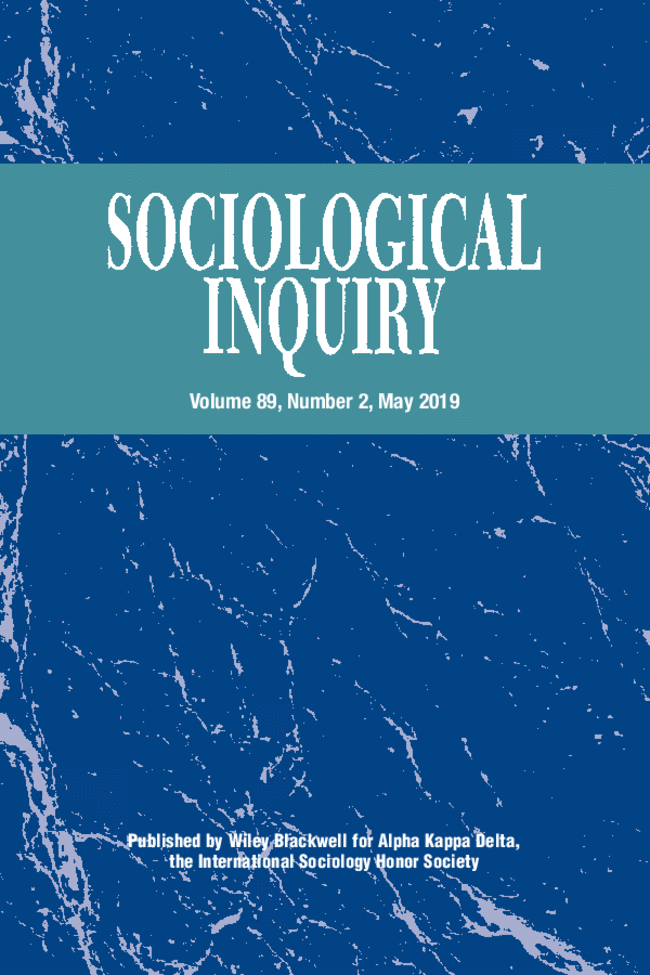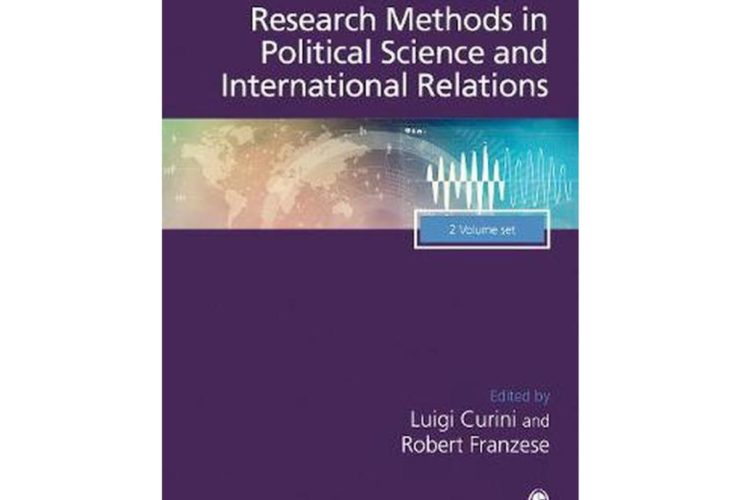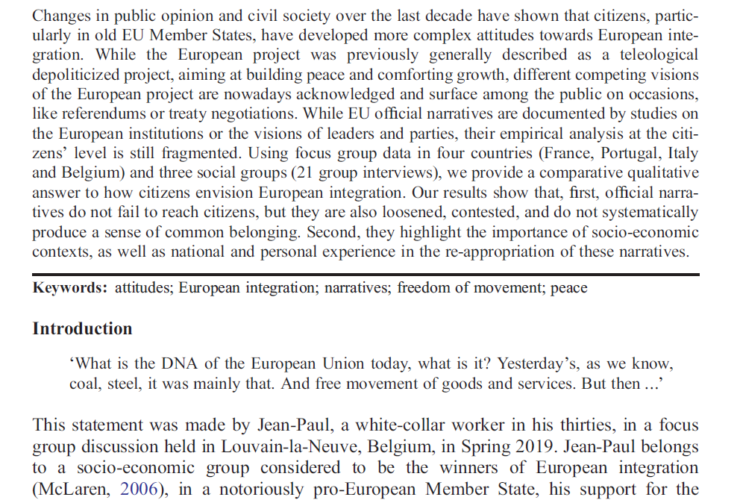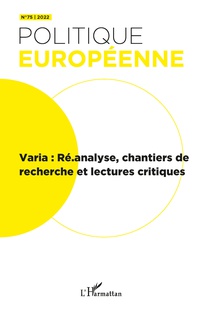The Moral Economy of Neoliberalism
How Voters Use Neoliberal Ideology to (De)Legitimate Undocumented Worker Access to Labor Markets

DATE
May, 2019
AUTHOR
Luis Vila-Henninger
CATEGORY
Publications
Causal Narrative Frames: A Discursive Tool to Justify Solution
Neoliberalism is prevalent in American life. While researchers have documented the use of neoliberal ideology in institutional and macro level policy contexts, they have yet to investigate how voters use neoliberal ideology to legitimate their position on economic policy. I use data from semi-structured interviews with 85 Tucsonans about why they voted the way they did on Proposition 202 (2008): “Arizona Stop Illegal Hiring”— which sought to reregulate undocumented worker labor market access—to address this gap. I found evidence of two distinct neoliberal ideological legitimations: “fair market competition” and “individual responsibility.” Furthermore, I use these data to shed light on the debate over whether neoliberalism spans partisan affiliation or converges with American conservatism. I found that voters across party lines who supported the measure paired neoliberal legitimations with conservative legitimations. We can interpret this bipartisan use of neoliberal ideology as evidence of a neoliberal “moral economy”—or consensus about the moral principles in which market action is embedded. Evidence of this moral economy indicates that moral principles from neoliberal ideology are simultaneously bipartisan and converge with American conservatism. These findings suggest that there could be a broader moral consensus among voters concerning the legitimacy of anti-immigration economic policies.
Reference : Vila-Henninger, Luis Antonio, “The Moral Economy of Neoliberalism: How Voters Use Neoliberal Ideology to (De)Legitimate Undocumented Worker Access to Labor Markets” Sociological Inquiry, n° 89, issue 2, May 2019, pp. 239-262



